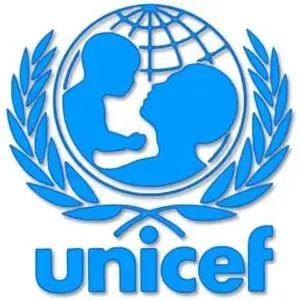By Chinasaokwu Helen okoro
The United Nations Children Fund, UNICEF, has identified emotional and practical support as primary measures fathers and grandmothers of newborns can adopt to ensure that infants are exclusively breastfed by their mothers for six months.
UNICEF Bauchi Field Office Nutrition Specialist, Philomena Irene, spoke weekend in Yola, during a media dialogue with journalists from Taraba, Gombe, Plateau, Bauchi and Adamawa states.
She said while UNICEF has traditionally focused on educating mothers about the benefits of exclusive breastfeeding, they are now expanding their advocacy to include fathers and grandmothers as part of their strategy to improve breastfeeding rates.
Irene also noted that fathers being decision makers of the family can influence the success of exclusive breastfeeding practices, especially in states with low indices under the Bauchi field office.She said,
“Adamawa is the most improved state under our field office with 53.3% of children exclusively breastfed.
“Plateau follows with 38.6%; Taraba with 33.7%; Gombe with 30.7% while Bauchi is the least with 26.4%.“We are now expanding our scope by including fathers and grandmothers in our advocacy on the importance of exclusive breastfeeding to improve these indices across the states.
”Irene also pointed out the importance of the media in driving behavioural change, which according to her was why the dialogue was held to explore how journalists can tell compelling stories that encourage exclusive breastfeeding.
She mentioned that other stakeholders, including traditional rulers, religious bodies, and groups, especially in rural areas, are being sensitized in collaboration with state governments to spread the message of exclusive breastfeeding more effectively.
During the event, the District Head of Nyibango, Alh. Abubakar Jika, along with representatives from the Christian Association of Nigeria (CAN) and the Adamawa State Muslim Council, David Simon and Bashir Tahir respectively, pledged to advocate for the importance of exclusive breastfeeding among fathers and grandmothers within their communities.


